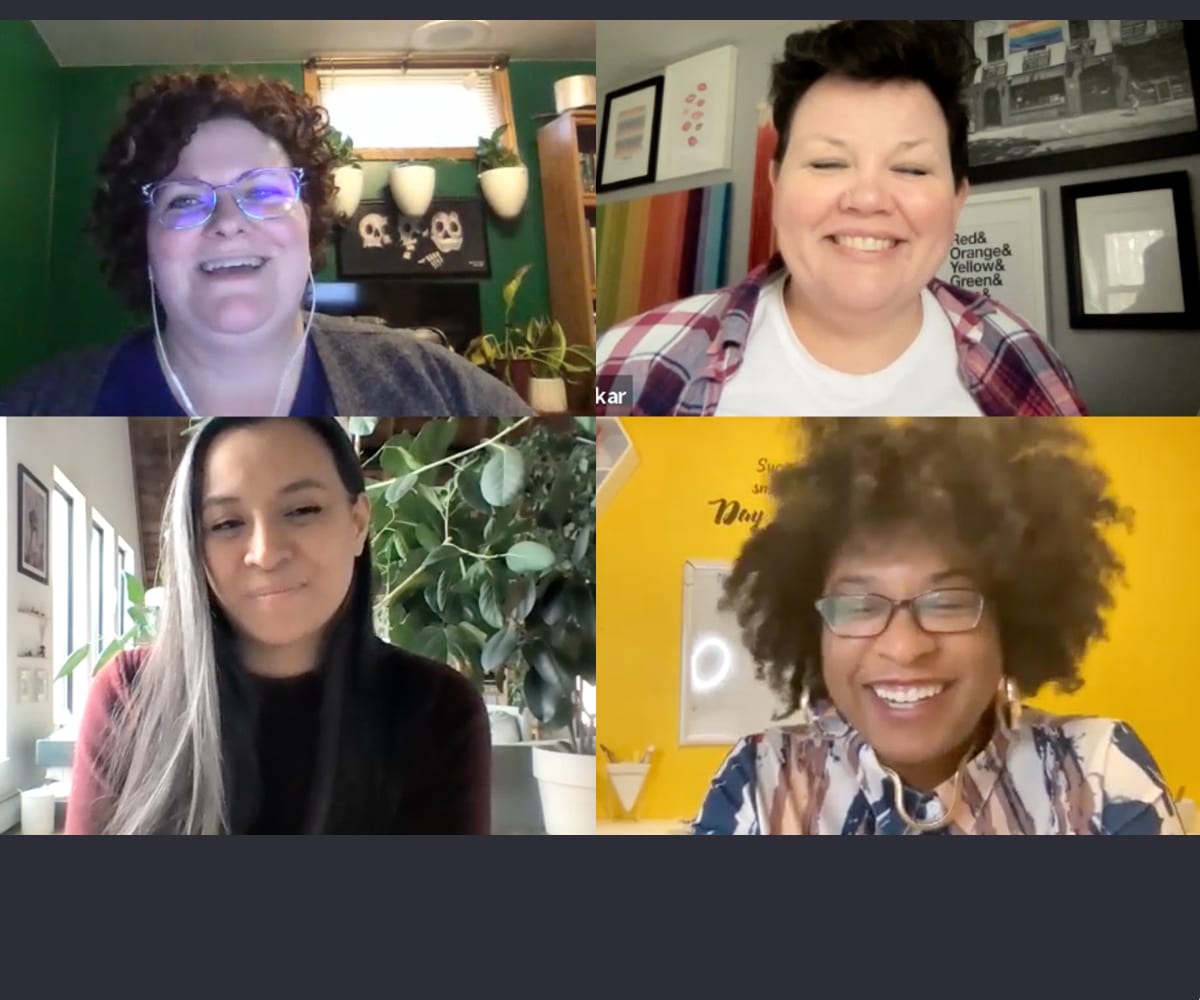The Impact Of AI On SEO
Tessa Burg
Chief Technology Officer at Mod Op | Host of Leader Generation

With Google’s development of Search Generated Experience (SGE), businesses need to prepare strategies to offset traffic loss from non-branded keywords.
Tessa discusses the importance of building brand and community, creating non-commoditized content and capturing customer behavior data to optimize offerings and increase conversion rates.
Stay ahead of the game and find out how to navigate the evolving SEO landscape in this informative discussion.
“We have an opportunity, marketers, to get creative about how we deliver value to our target and existing customers in ways that help them solve problems and experience the benefit of our company and people.”
Watch the Live Recording
Hello, and welcome to another episode of Leader Generation, brought to you by Mod Op. I’m your host, Tessa Burg. And today we’re going to talk about the impact generative AI will have on SEO in six minutes.
And I just sort of want to think out loud with you about what does that mean, and what are some things that you can do to make up or offset the traffic you’ll lose from non-branded keywords on your site. And I hope this not the first time you’re hearing that.
As generative AI becomes more popular, websites will receive less unbranded traffic. And if you wanna learn more about how Google is going to start incorporating AI in new ways, look up SGE, Google’s SGE search generated results will change how the search landing page also looks after you do a query.
But let’s talk about the so-what of it all. I want read something from Chris S. Penn’s presentation from MAICON, that was just a week ago. So today is Friday, August 4th, and I’m saying the date because the landscape and the impact generative AI is gonna have on SEO is going to evolve really quickly. So what I’m saying today might also evolve and build but we need to get started so that we are not losing value creation and demand creation with our target audience.
Alright, so this is what Chris said. In a world where SEO gets harder, brand and community will matter more. Why is that important? How can you build brand? What does that even mean in a space where you’re trying to offset losing unbranded traffic?
I think there is a gap and an opportunity instead of just creating content and commoditized content things that… Okay, I’ll admit something. I hate blogs. I really, really hate content strategies that are all around unbranded keywords that do nothing but sit a blog and attract looky-loos who are not interested or not ready to buy your product or service at all. I think it inflates unbranded traffic and decreases your overall site conversion and just sort of makes it seem like there’s something wrong with your site engagement or your conversion optimization overall.
I think that this opportunity to build brand and build brand through non-commoditized content, what is that? Think about the problems, the issues, or the inspiration that your audience needs, that your company, your product, your people are uniquely positioned to answer.
Can you create instead of text content around keywords that are not specific to your brand, can you create proprietary tools, or quick start tutorials, or training, or education that helps them start realizing the benefit and value of what your brand brings faster?
Not only that, since first-party cookies are going away, and since, by the way, we don’t care about people’s names, any-who as a way of targeting them, but we do care about their behavior. Behavior and implicit data, meaning not what people explicitly tell you in a form is more indicative of what they’re interested in and how likely they are to buy and engage than them saying, “Oh, I think I’m just not ready for this right now.” or giving you a fake email address and a form on your website.
So what am I saying? We have an opportunity, marketers ,to get creative, to get creative about how we deliver value to our target customers and our existing customers in ways that help them solve problems now and start to experience the benefit and value of our company, and our people, and our products before they start to buy. So it’s a little free try before you buy.
And when you’re doing that, when you’re creating these rich experiences make sure you’re capturing the behavior on the backend so you can optimize to make that tool, to make that content, to make that video, education smarter, better, oh, use it to make your own models to predict what’s most likely to work and start creating value with your customers at the top of the funnel. And that value creation is what will then drive them still to your site for conversion.
So while your unbranded website traffic might go down what you should see for doing a great job solving problems is that your conversion rate goes up and the quality of the people you’re engaging with from across and up and down the organization is much, much better.
So good luck. Have fun getting creative around how you start to build brand and community to offset the impact of generative AI and SEO.
If you have any questions, feel free to reach us/me directly on LinkedIn. You can find all our podcast episodes on LinkedIn or anywhere you listen to podcasts. It’s Leader Generation, brought to you by Mod Op. I’m Tessa Burg, and I will talk to you next time.
Tessa Burg
Chief Technology Officer at Mod Op | Host of Leader Generation

Tessa has been leading data-driven marketing and technology teams for 15+ years on both the agency and client sides of the business for domestic and international brands, including American Greetings, Amazon, Nestlé, Anlene, Moen and many more. Tessa has deep skills in data and tech architecture, software product development and management, digital transformation and strategy. As CTO, she oversees Mod Op’s technology stack to ensure the agency is leveraging and securing the right platforms and data to deliver valuable and measurable results across physical, digital and virtual experiences.


